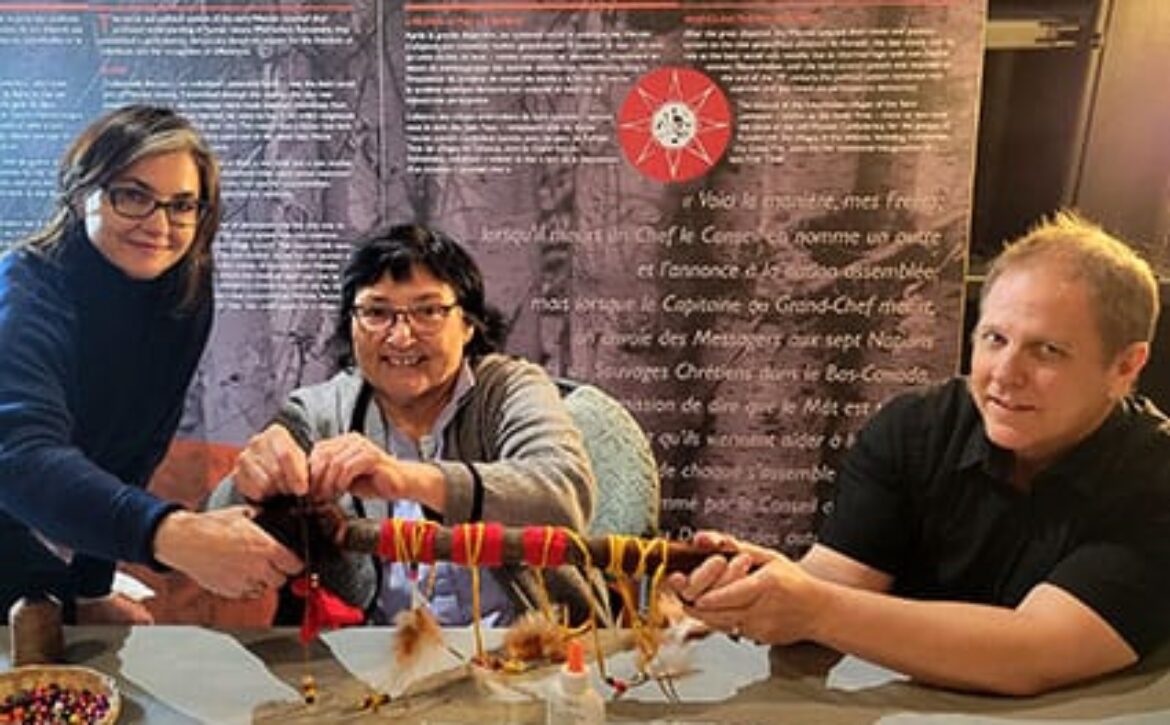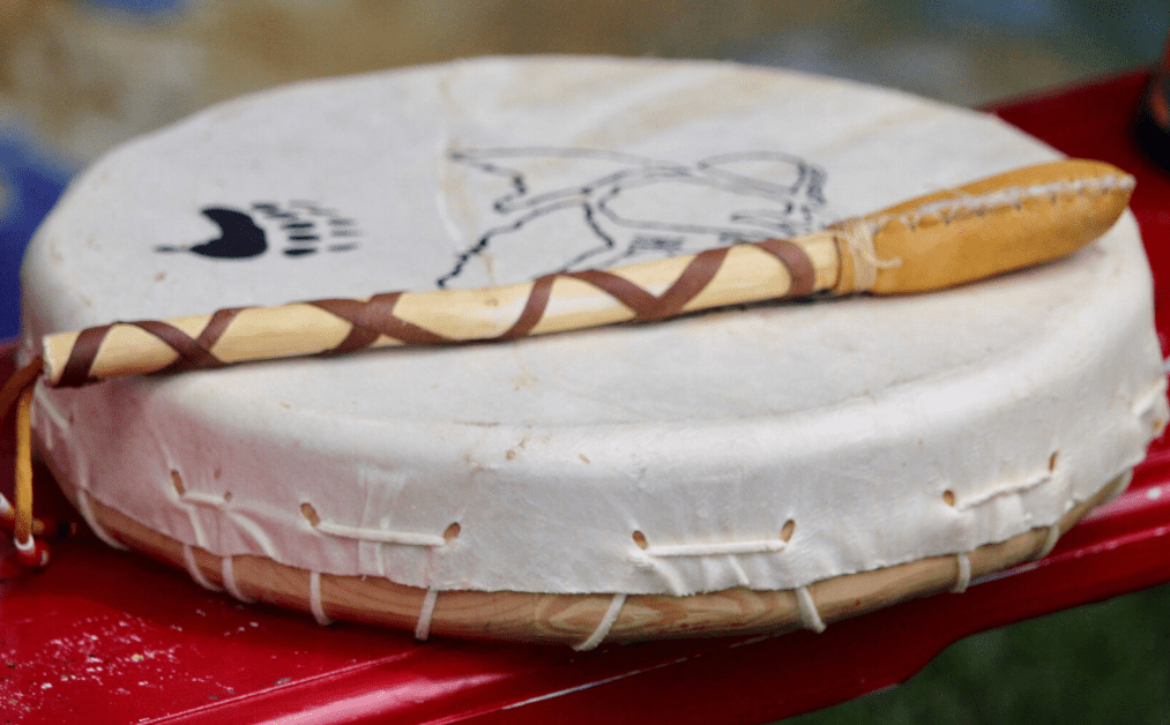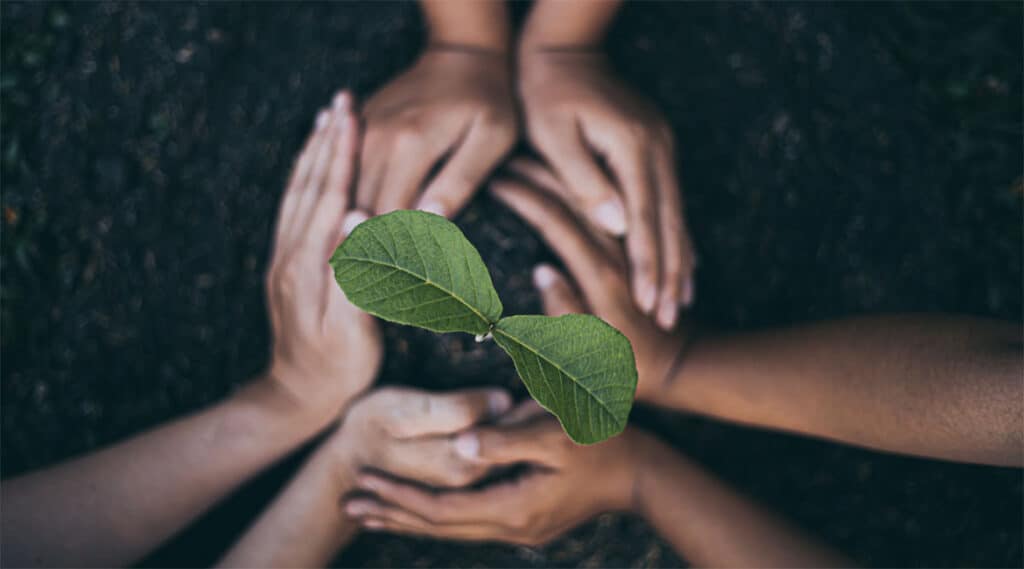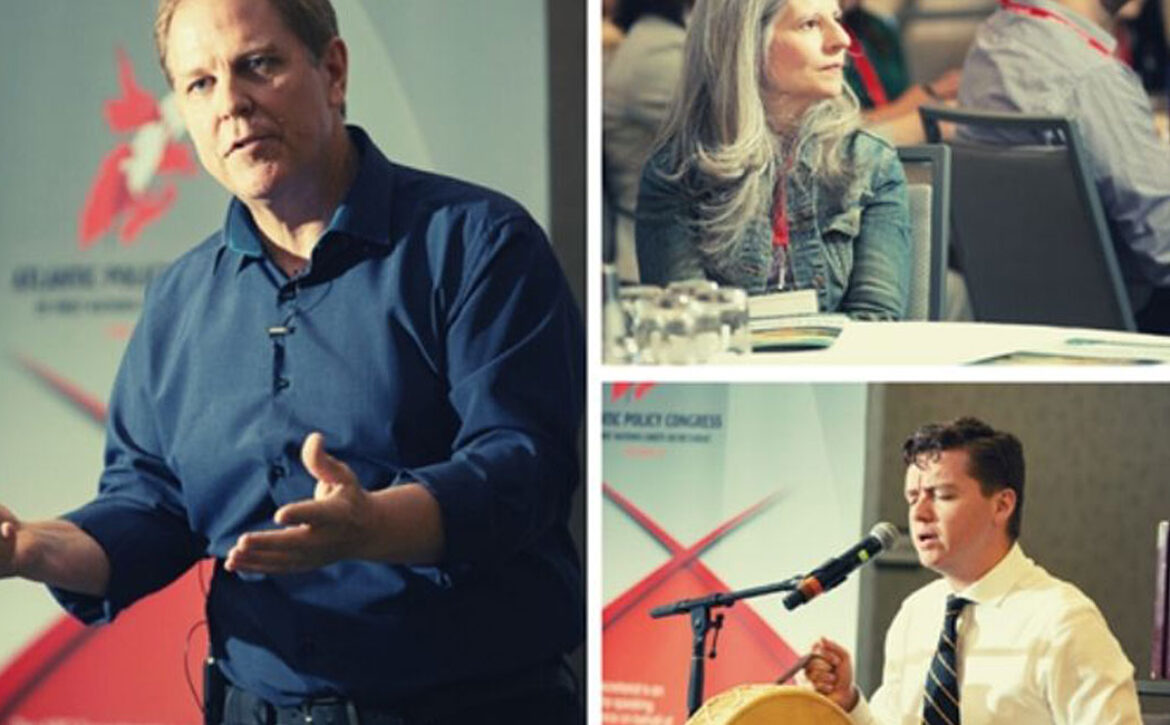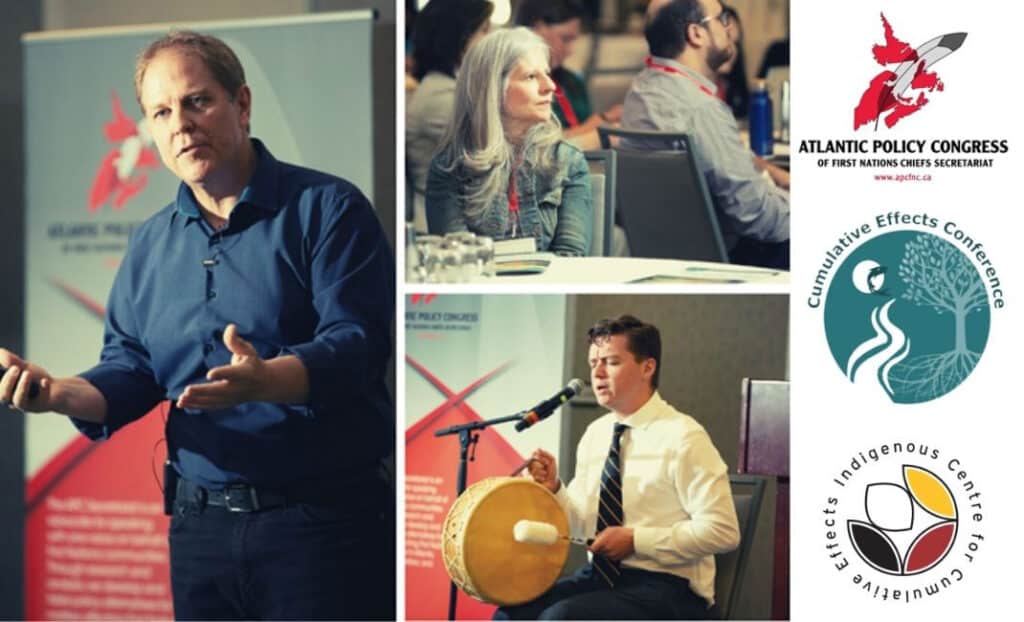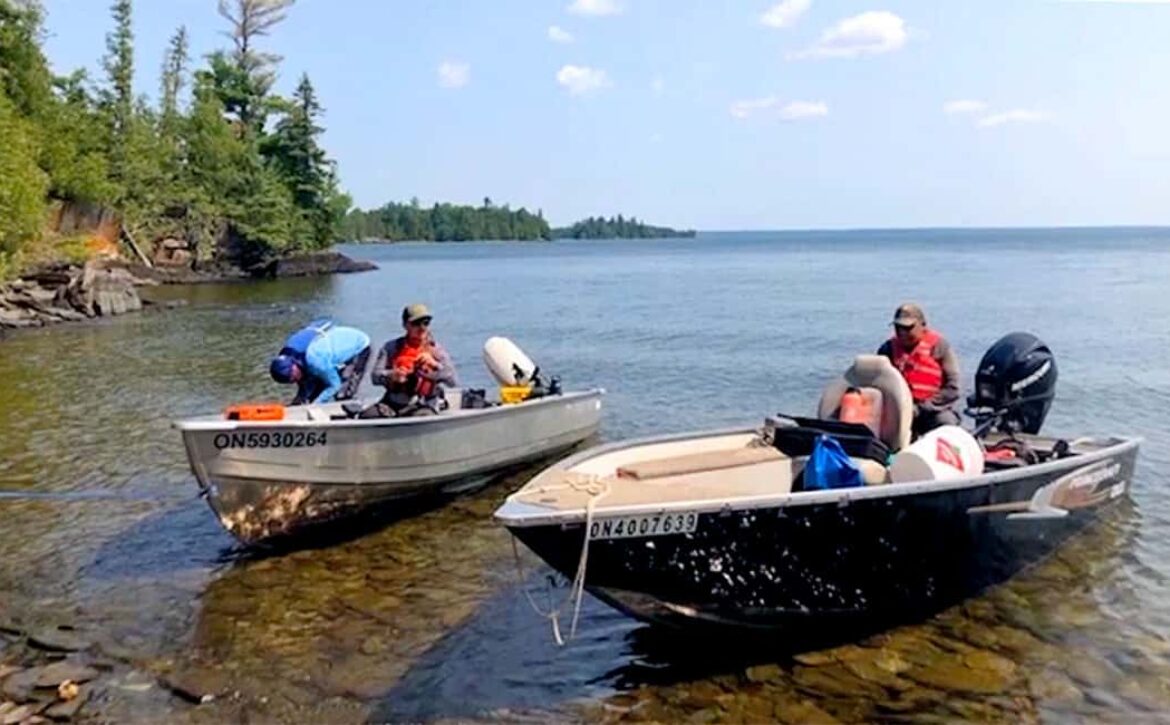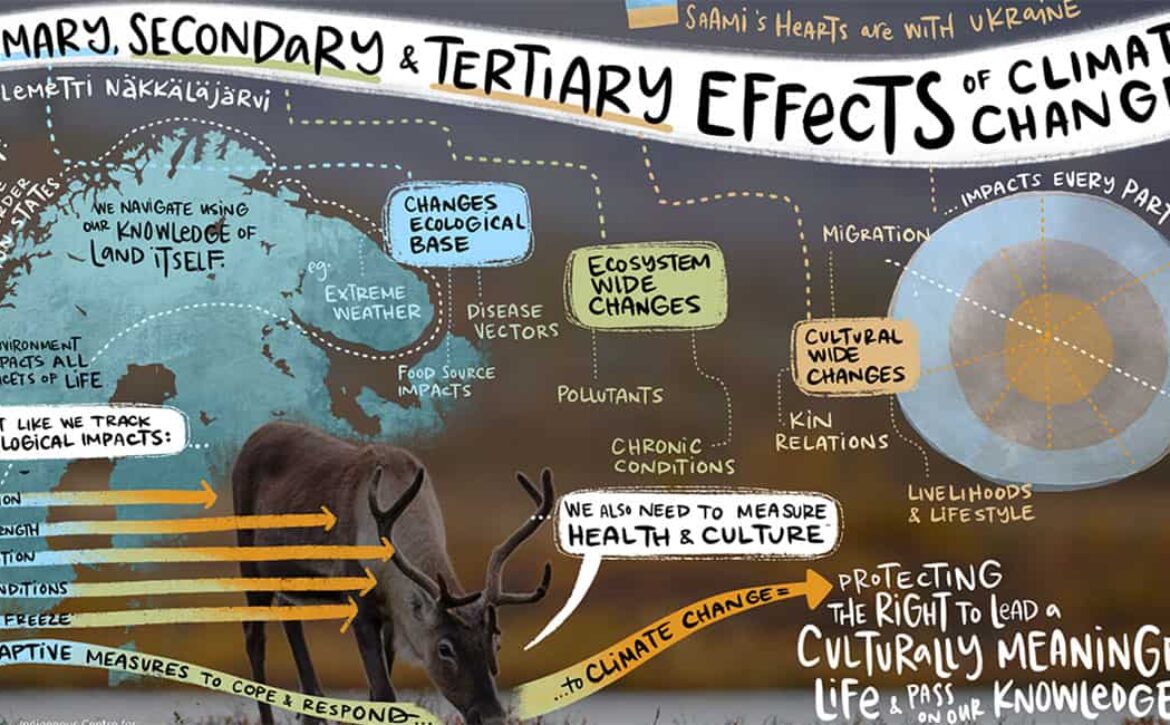TAC – News Post 1
The Indigenous Centre for Cumulative Effects (ICCE) represents a great opportunity for Indigenous peoples to build and enhance the technical and scientific capacity of Indigenous communities for cumulative effects assessment, monitoring and management, based on the values of First Nations, Métis and Inuit communities to better protect their community’s lands and culture.
ICCE strives to have First Nation, Inuit and Métis Directors as well as regional representation from each of the Provinces and Territories. We are currently seeking Directors from Inuit and Métis communities as well as directors from the indicated provinces below:
- Nunavut
- Yukon
- Northwest Territories
- Saskatchewan
- Manitoba
- New Brunswick
- Prince Edward Island
- Newfoundland and Labrador
How to Apply
- Applications for the Board must include a CV or letter including a description of relevant experience and expertise, as well as the reasons you are interested in joining the ICCE Board of Directors.
- If you are a youth and considering applying to the Board please indicate this in your application.
- Please send your expression of interest as well as any questions you may have to our National Office at info@icce-caec.ca.
If you are Indigenous and are interested in the topic of cumulative effects on Indigenous communities’ lands and lives, we encourage you to get involved with ICCE. Please take the time to reflect on how you or someone else in your community can contribute to the success of ICCE.
If you have an interest in cumulative effects, we invite you to contact us to get involved.
To learn more about ICCE, read our First Annual Report.


